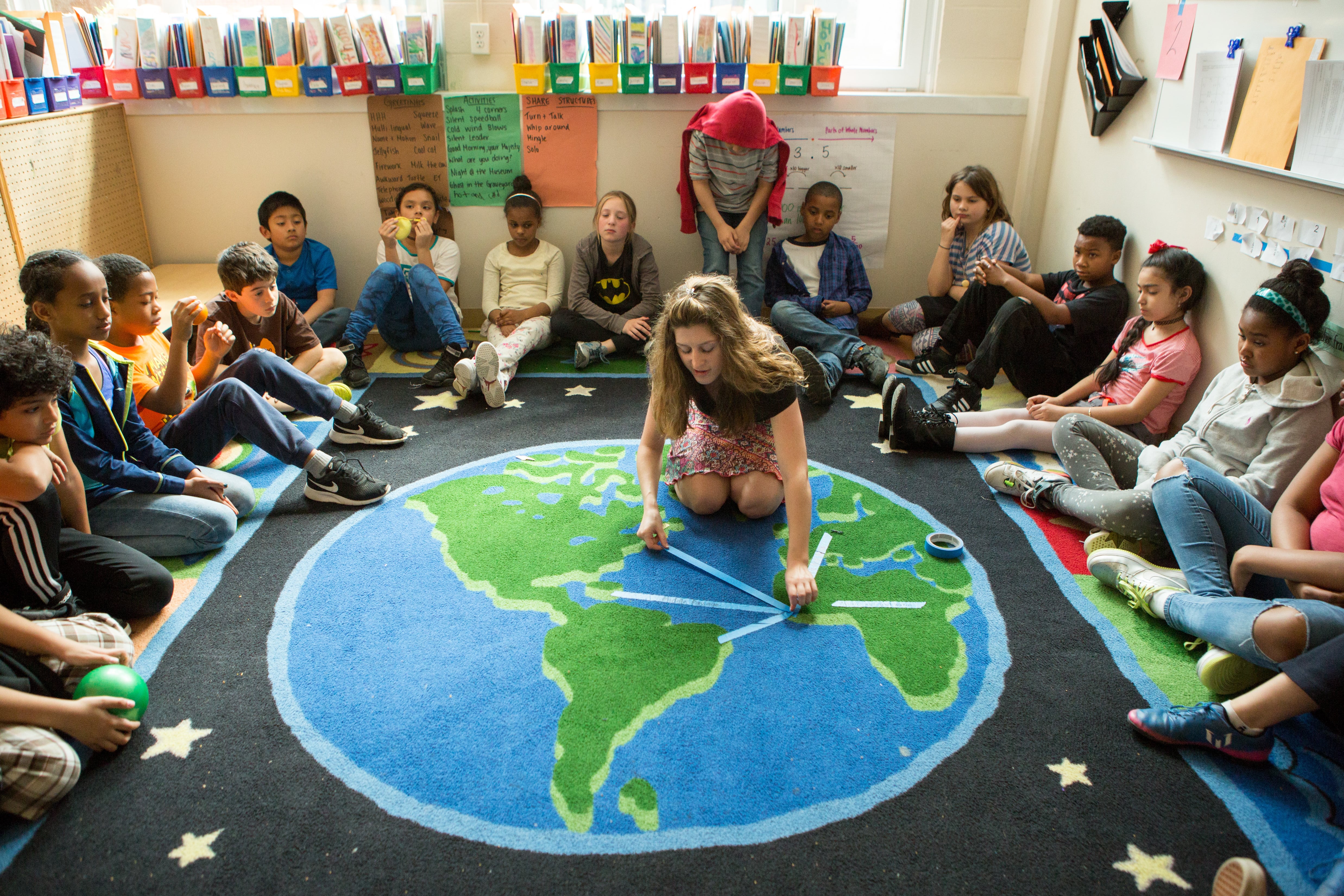Colorado on Thursday moved toward expanding financial aid for university students studying to become teachers. A bill to broaden a $52 million program received unanimous support Thursday in the House Education Committee.
The legislation is a top priority for Democratic lawmakers seeking to attract more Coloradans to the teaching field and to alleviate growing teacher shortages. The bill must win approval on the House floor before moving to the Senate.
The legislature last year approved the current program, funded with federal pandemic relief dollars. The program gives student teachers access to up to $22,000 in stipends and $5,000 in loan forgiveness if they stick it out as teachers. The goal is to clear financial barriers for prospective teachers who worry about low pay and college loan debt.
House Bill 1001 would raise the income threshold for teachers in training to apply. It would open up the aid to student teachers from families with moderate incomes — those earning up to 300% of the level set for Pell Grants, the federal aid program for students from low-income families. The bill also would permit student teachers to work in other states in some circumstances.
The bill would offer loan forgiveness to principals and special service providers as well as classroom teachers and school counselors. It also would remove a requirement that applicants teach in a rural school or in certain subject areas in a high-poverty school.
State Rep. Cathy Kipp, a Fort Collins Democrat co-sponsoring the bill, said the program has shown that it can attract more people to the teaching profession and increase the diversity of educators.
“This bill has made an enormous difference in student teachers’ lives, which corresponds to getting more highly qualified and licensed teachers into the classroom, so that our kids can have the best experience,” she said.
State Rep. Barbara McLachlan, a Durango Democrat, and state Sen. Rachel Zenzinger, an Arvada Democrat, are also sponsoring the bill.
The proposal did receive some scrutiny from Republican lawmakers, who asked if the bill could be expanded to educators at charter schools. While the committee did not add that provision, the bill still garnered Republican support.
Expanding program eligibility would help prospective students like Lauren Levey, a University of Colorado Boulder student. Levey, 19, who shared her experience with lawmakers, said she’s seen many students decide not to go into the teaching profession because they’re worried about the cost of certification tests and relatively low pay.
She said she works three jobs to save money and realize her dream of becoming a teacher. Many students have reported fear of having to pay back a large college loan debt.
“I’ve seen people drop out of college completely because it becomes too much of a stressor and starts affecting people’s mental health and other aspects of their lives,” she said. “It’s a lot of pressure.”
She said expanding eligibility for financial help will keep even more students on track to becoming a teacher.
“I do think it’s for sure going to sway people back into the profession,” Levey said.
Jason Gonzales is a reporter covering higher education and the Colorado legislature. Chalkbeat Colorado partners with Open Campus on higher education coverage. Contact Jason at jgonzales@chalkbeat.org.






